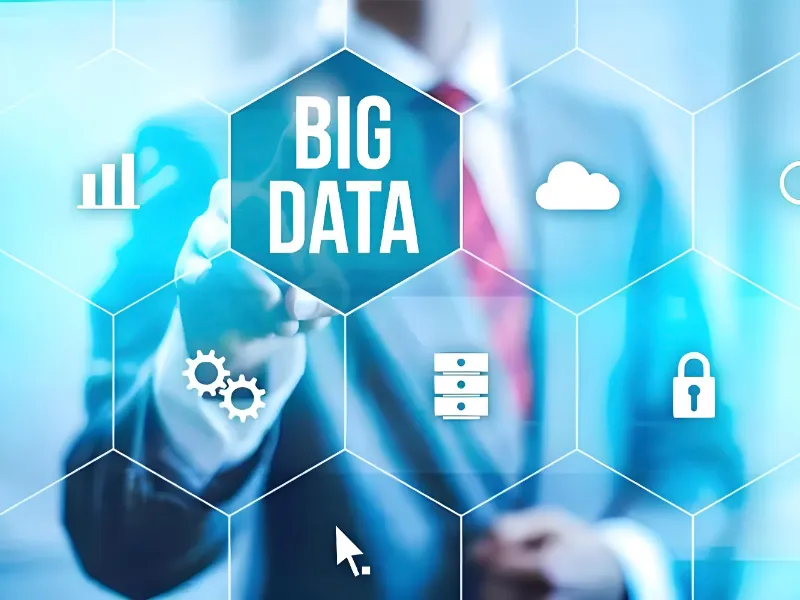- Big data has greatly changed people’s production and life, from Transportation to Agriculture, its application is diverse and influential.
- While big data offers tremendous opportunities for innovation and efficiency, it also presents challenges related to privacy, security, and ethical considerations.
Different applications of big data in different fields demonstrate its versatility in driving insight, efficiency and innovation. As technology continues to evolve and the volume of data continues to grow, the potential for leveraging big data to solve complex challenges and create value will only continue to expand.
Cases of big data in our life
1. Algorithm push: When the user stays on a certain type of video for a long time, the algorithm will push more videos of the same type to the user according to big data. When a user searches for an item on a search engine, the shopping software captures big data and adds recommendations for that item.
2. Transportation: Transportation companies use data from GPS systems, traffic sensors, and customer feedback to optimise routes, predict traffic patterns, and improve logistics efficiency.
3. Telecom: Telecom companies use big data to analyse call detail records, network performance data, and customer interaction data to improve service quality, predict network failures, and optimise network capacity.
4. Insurance: Insurance companies use big data for risk assessment, underwriting and claims processing. Analysing external factors such as historical claims data, customer demographics, and weather patterns can help pinpoint pricing policies and detect fraudulent claims.
5. Agriculture: Agriculture is increasingly using big data for precision farming. Monitoring soil conditions, weather patterns, crop health and yield data helps farmers optimise irrigation, fertiliser use and crop management practices to improve productivity and sustainability.
6. Government: Governments use big data for urban planning, traffic management, public safety and policy decisions. Analysing demographics, traffic patterns, and social media sentiment can help improve urban infrastructure, emergency response strategies, and citizen services.
Also read: What is big data analytics and what are its key parts?
Also read: How are big data and the Internet of Things connected?
Pros and cons of big data
By leveraging big data, organisations can make informed decisions based on real-time insights and predictive analytics to improve efficiency and strategic planning. Big data can enable personalised user experiences, identify new market trends, improve products to drive innovation, and also optimise processes, reduce costs, and increase productivity.
However, big data also brings some challenges. Managing and protecting sensitive data from breaches and unauthorised access is an important issue, and difficulty ensuring data accuracy, reliability, and consistency will lead to poor decision making. In addition, scaling infrastructure and technology to handle the growing volume and complexity of data requires significant investment and expertise. At the same time, ethical dilemmas arise regarding data ownership and misuse of personal information.

